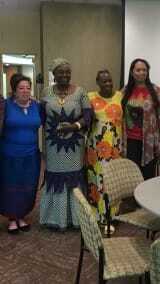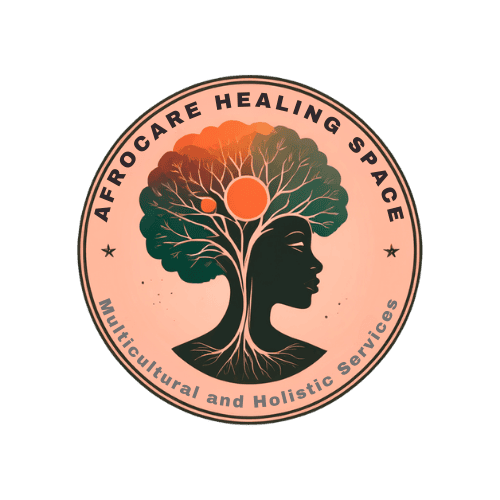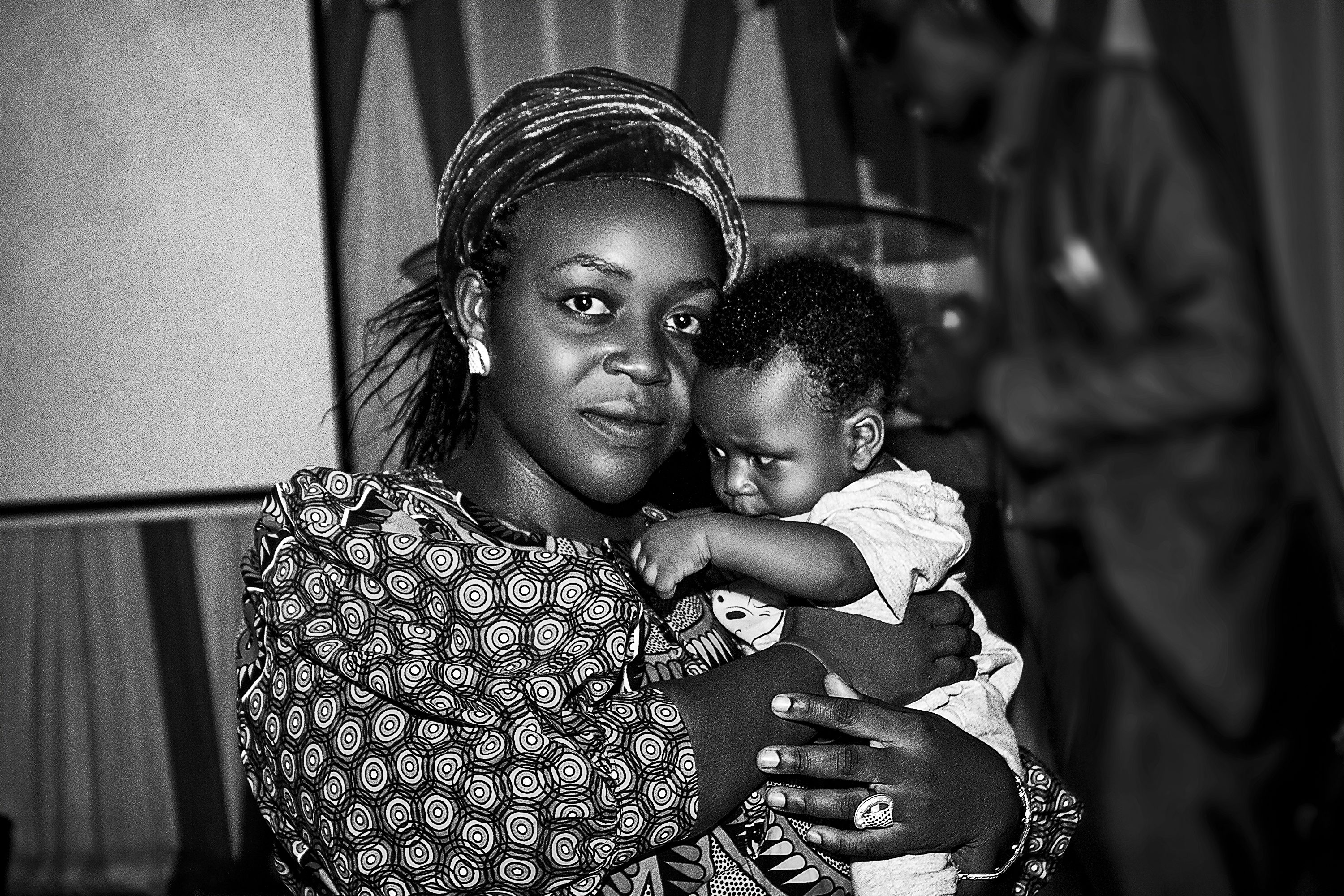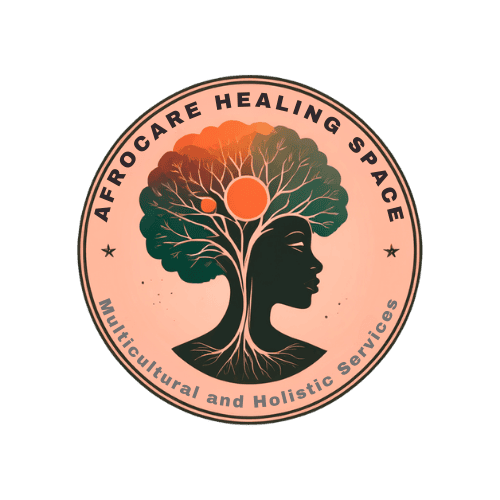Major Depressive Disorder
Depression, or major depressive disorder, is a serious mood disorder that significantly impacts feelings, thoughts, behaviors and affects daily activities like sleeping and working. Diagnosis requires symptoms to persist for at least two weeks.
People with depression may not realize that help is available. Major depressive disorder is treatable, despite feeling overwhelming. The American Psychiatric Association estimates that one in six individuals will experience depression in their lifetime, with about one in fifteen affected annually. Depression is not just a fleeting sadness and cannot overcome by willpower alone; it often requires long-term treatment. However, most individuals improve with medication, psychotherapy, or a combination of both.
Culturally, discussing depression can be taboo in minority communities, leading to misunderstandings and stigma that hinder individuals from seeking help. Promoting open conversations about mental health can reduce stigma and encourage support-seeking behaviors. Educating ourselves about depression fosters an inclusive environment where individuals can express struggles without fear of judgment. Cultural sensitivity in mental health discussions can enhance treatment approaches, build trust between patients and providers, and improve outcomes. Mental health deserves the same attention as physical health for overall well-being.
Afrocare Healing Space focuses on recognizing the unique experiences of each client, fostering a welcoming environment where individuals feel respected. Clinicians use culturally sensitive practices to address the mental health needs of diverse communities, enhancing the therapeutic relationship and tailoring interventions to fit clients' cultural contexts. They also promote the importance of community support, emphasizing that mental health linked to social and cultural factors. The goal is to empower individuals to face mental health challenges with confidence, resilience, and cultural pride, supported by a resolute team throughout their journey.
Diabetes Management
Diabetes Management
Recognizing the high prevalence of diabetes in African immigrant communities and its impact on mental health, we offer comprehensive diabetes management services.
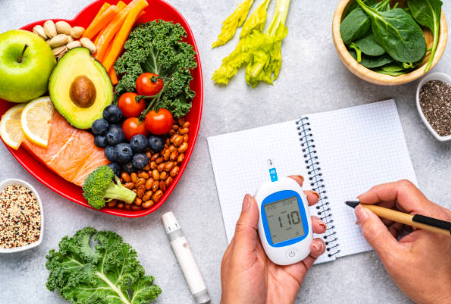
CDC Diabetes Prevention Program (DPP)
Evidence-based lifestyle change program to prevent type 2 diabetes
Culturally-adapted nutrition and exercise plans
Success Rate: 85% of participants in our DPP have significantly reduced their risk of developing type 2 diabetes.

Diabetes Self-Management Education
Empowering individuals to take control of their diabetes
Integration of traditional African dietary wisdom with modern diabetes management techniques
Case Study: Through our program, Fatima, an Ethiopian immigrant with type 2 diabetes, successfully lowered her A1C from 9.2% to 6.5% in six months.
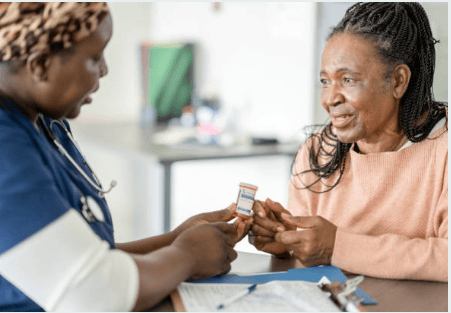
Mental Health Support for Diabetes Patients
Addressing depression and anxiety often co-occurring with diabetes
Stress management techniques to improve glycemic control
Impact: Patients in our integrated diabetes-mental health program show a 40% improvement in both glycemic control and depression symptoms.
Substance Abuse Treatment
Substance Abuse Treatment
We understand that substance abuse often stems from underlying mental health issues, cultural displacement, or trauma. Our integrated approach addresses both addiction and its root causes.
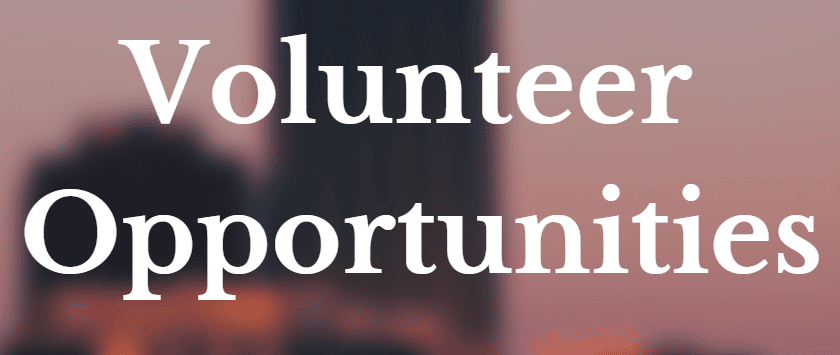
- Assist in our food pantry distribution
- Provide tutoring for immigrant youth
- Help organize community health fairs
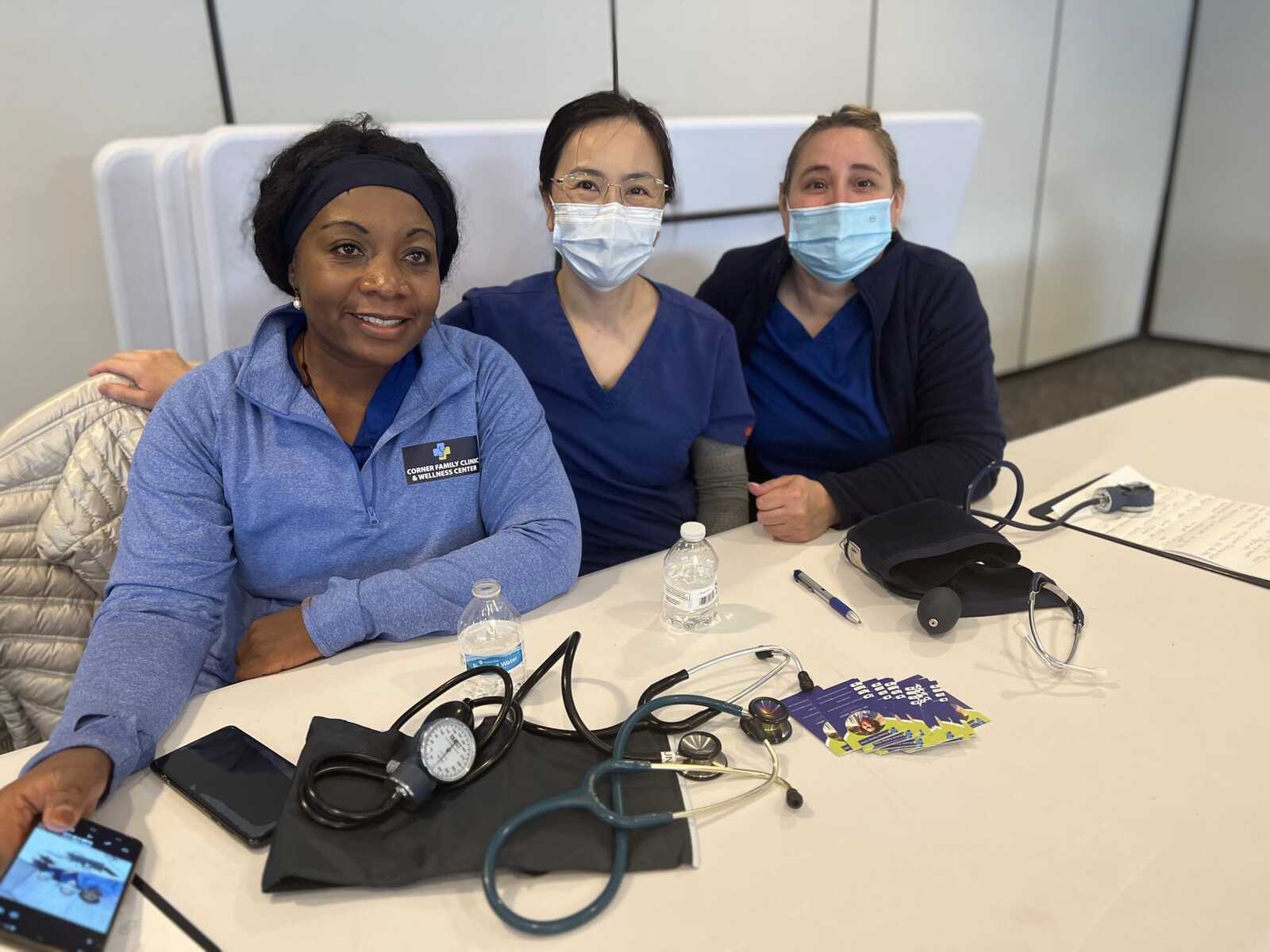
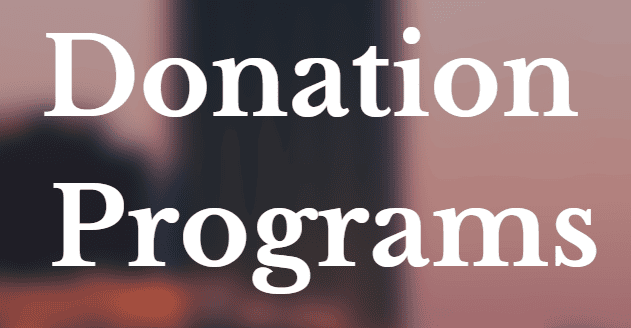
- Sponsor behavioral health community education
- Contribute to our scholarship fund for immigrant students
- Donate culturally-appropriate foods to our pantry
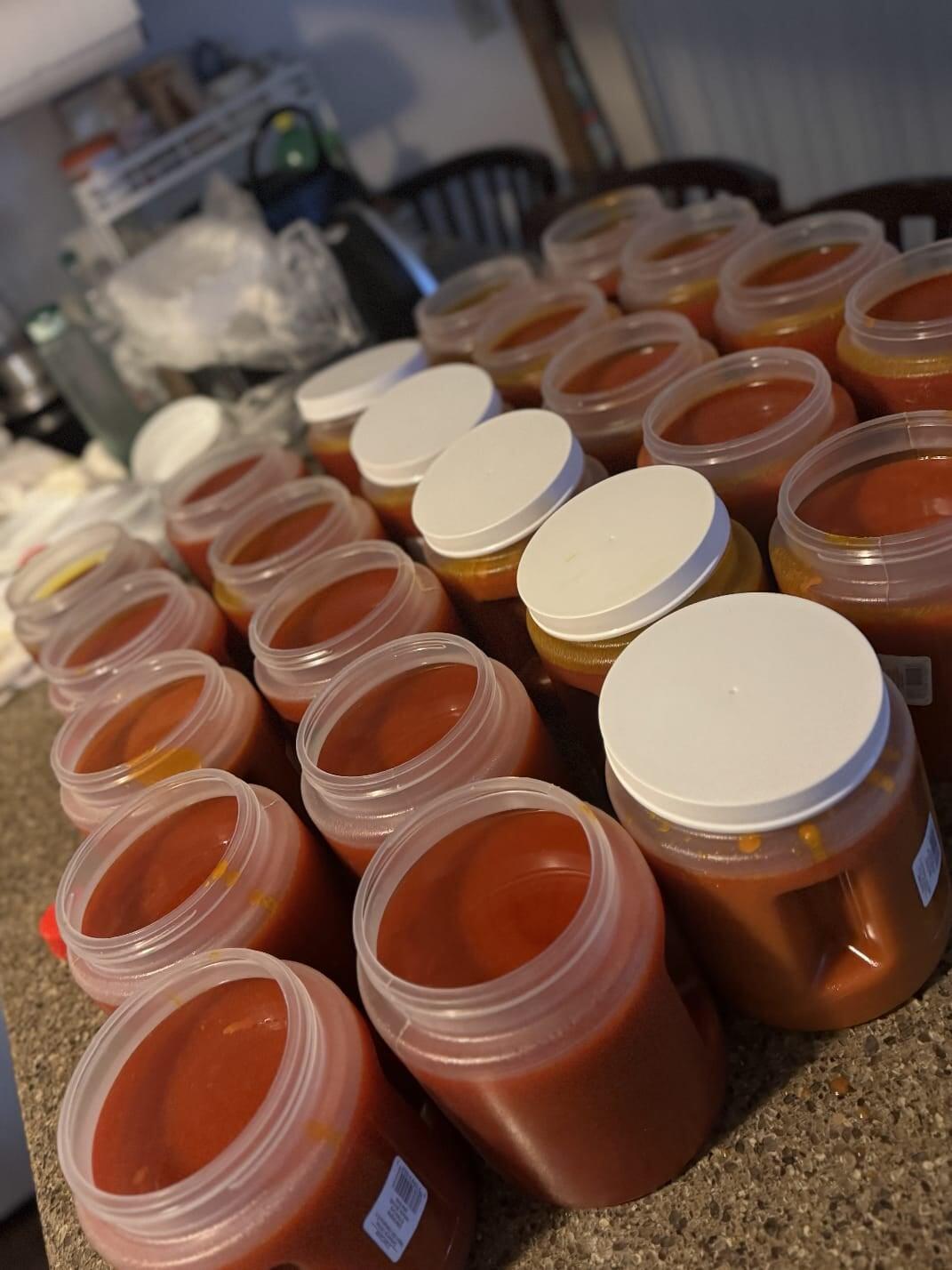
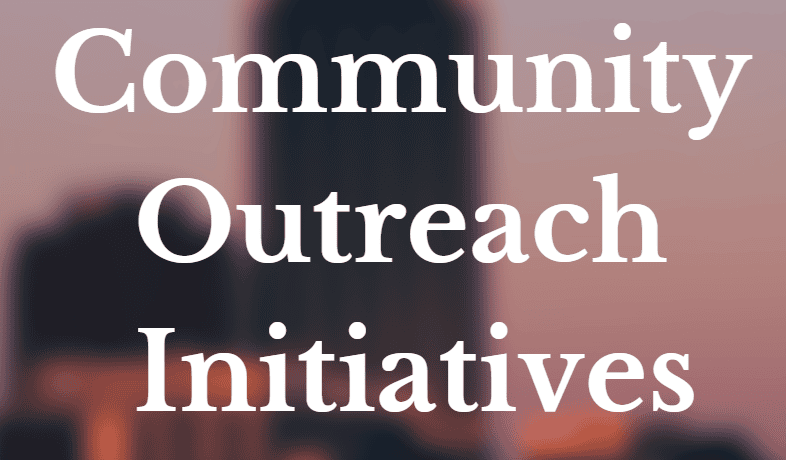
- Become a mental health ambassador in your community
- Participate in our annual African Immigrant Health Awareness Walk
- Host a “Tea and Talk” session to discuss mental health in your neighborhood
